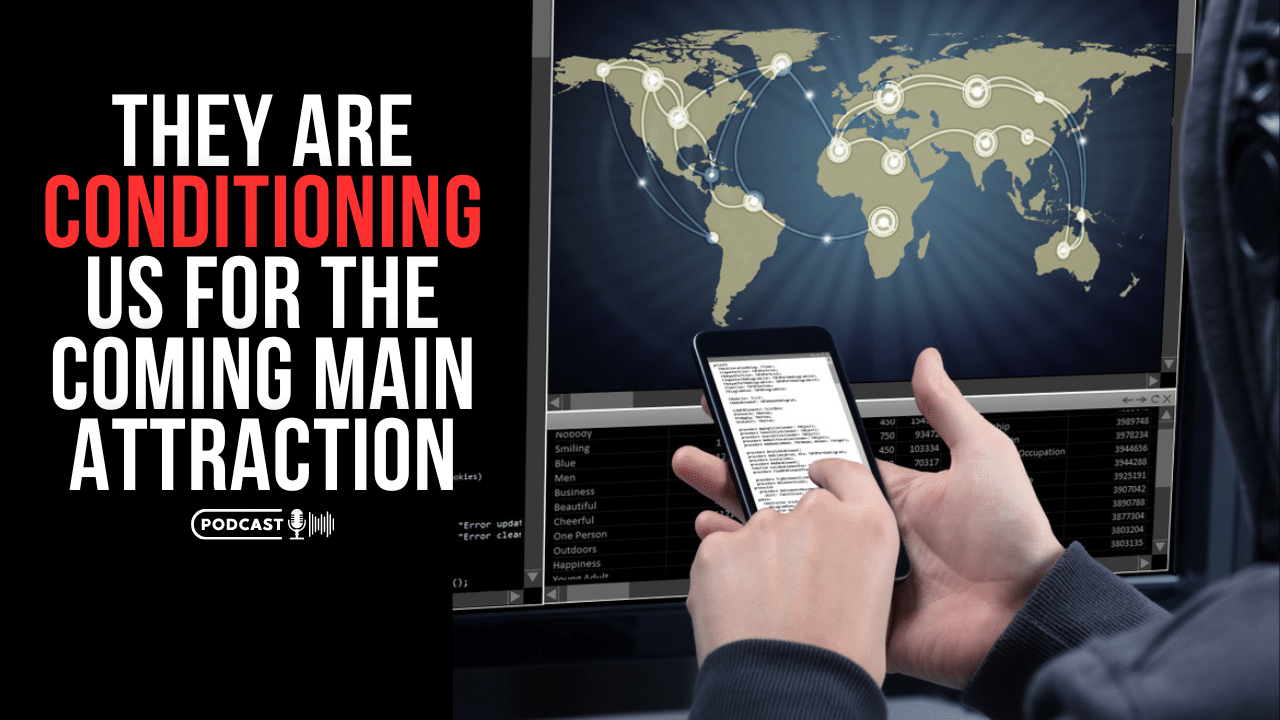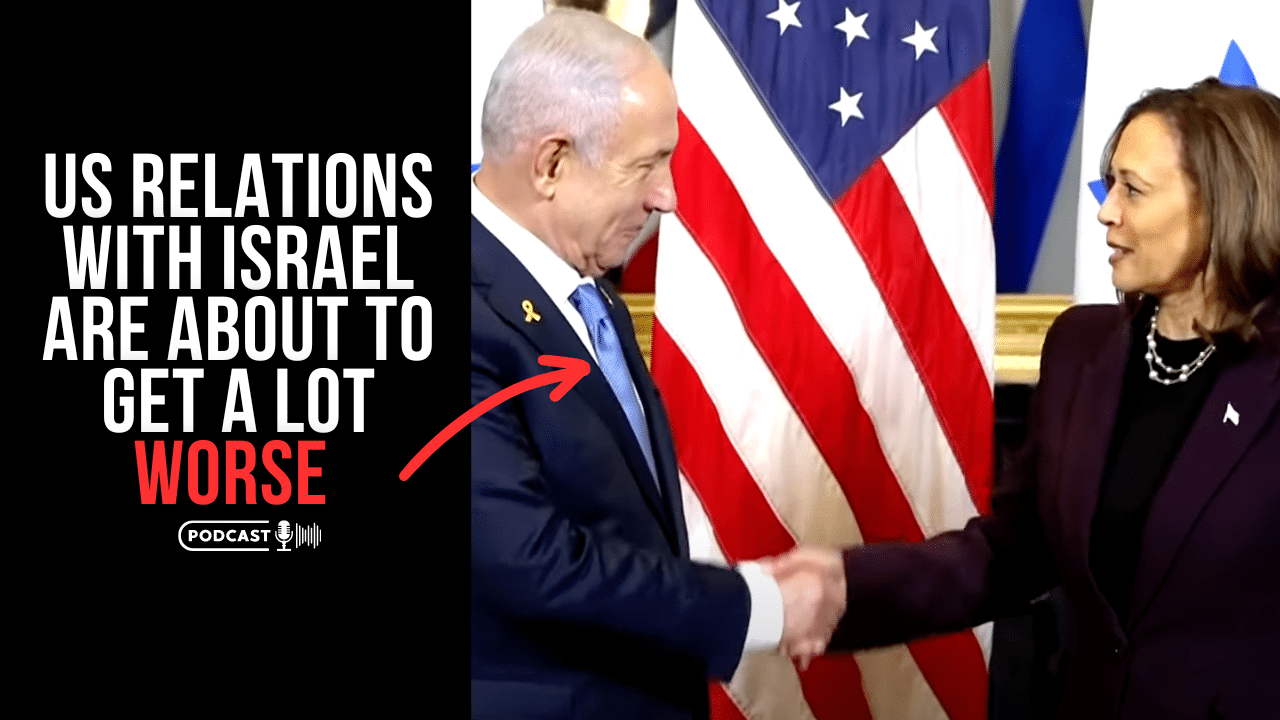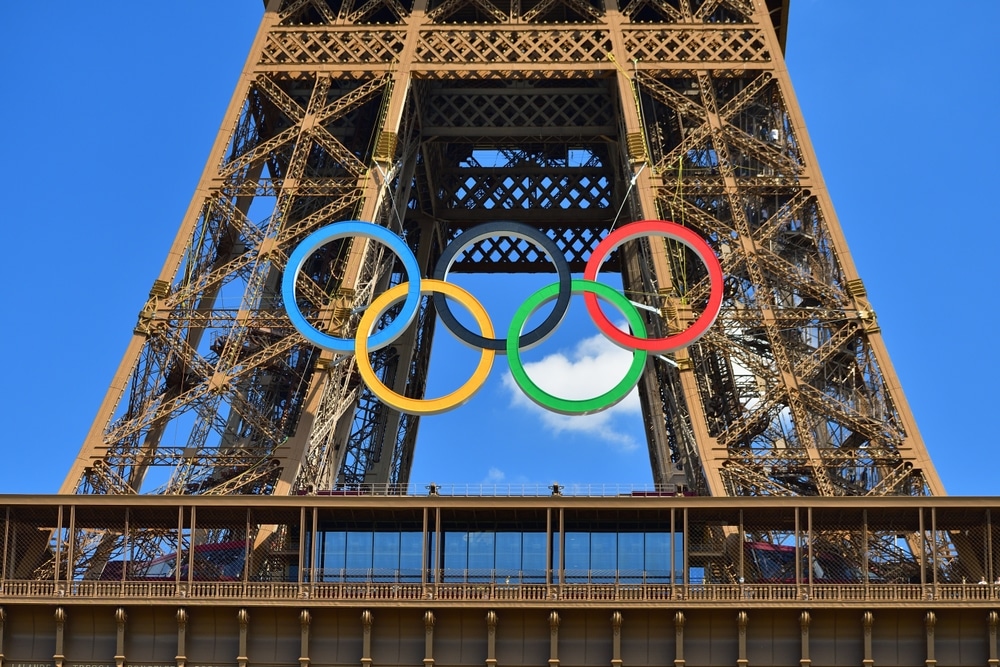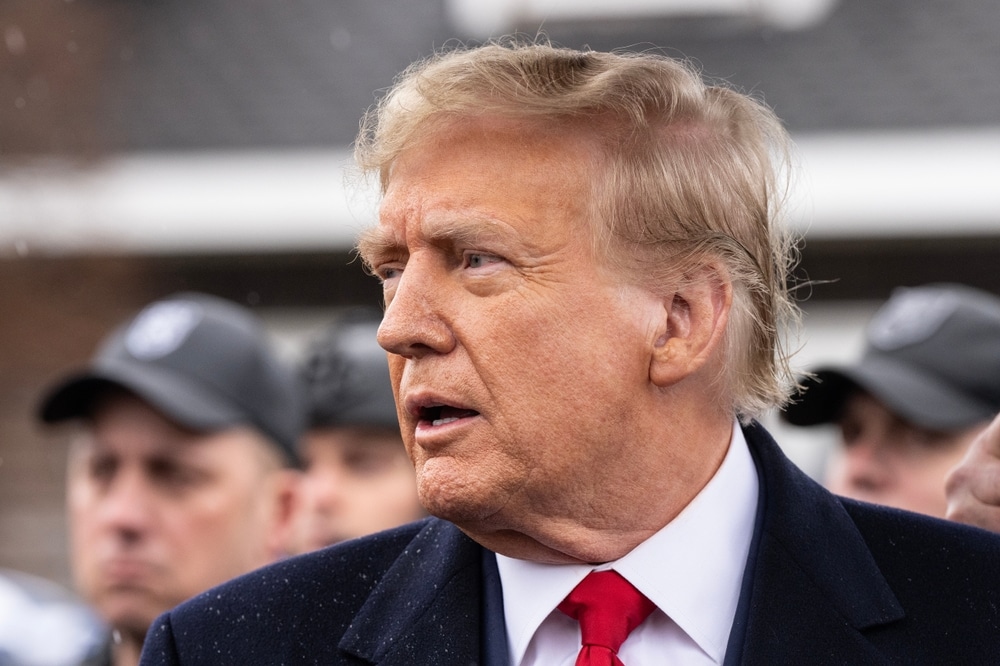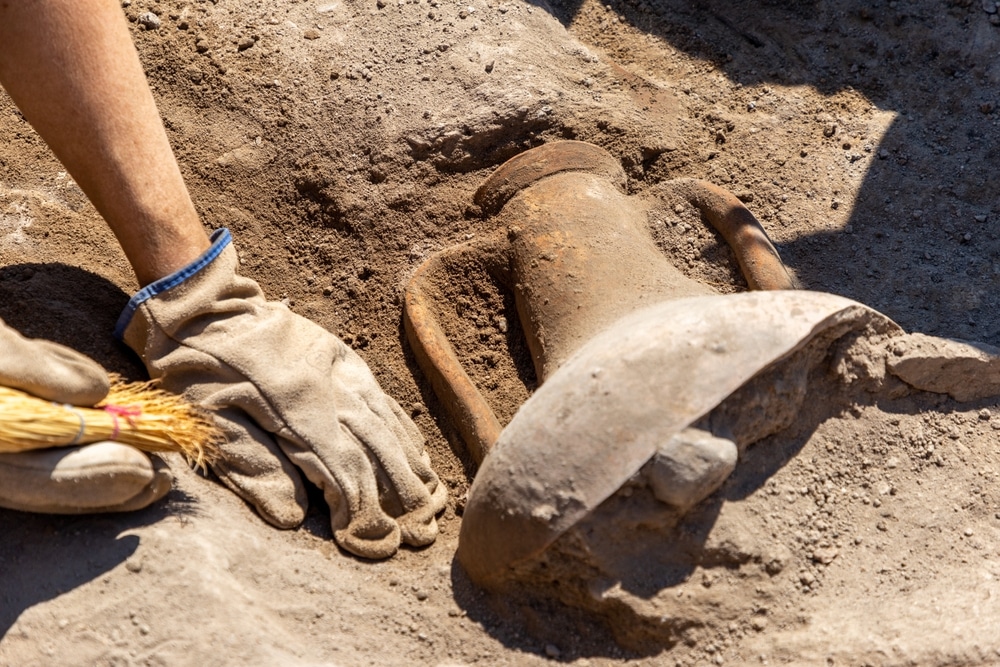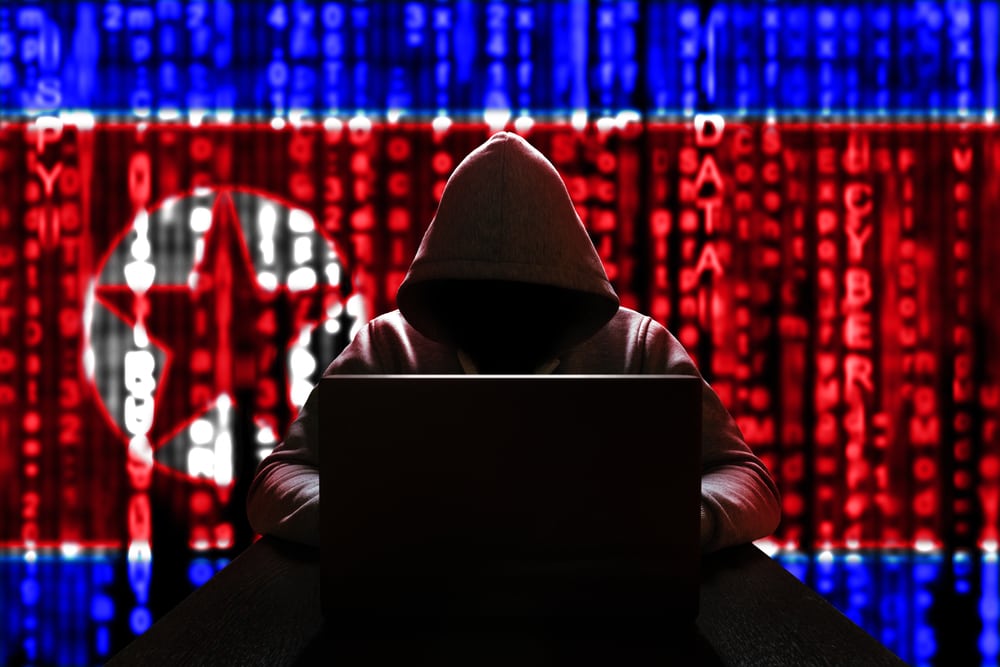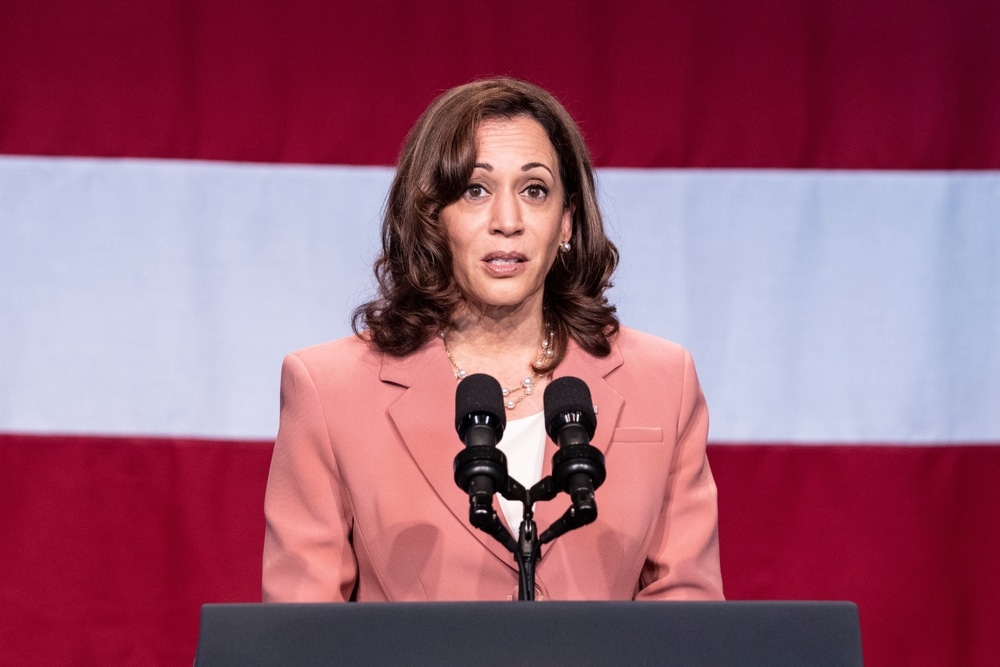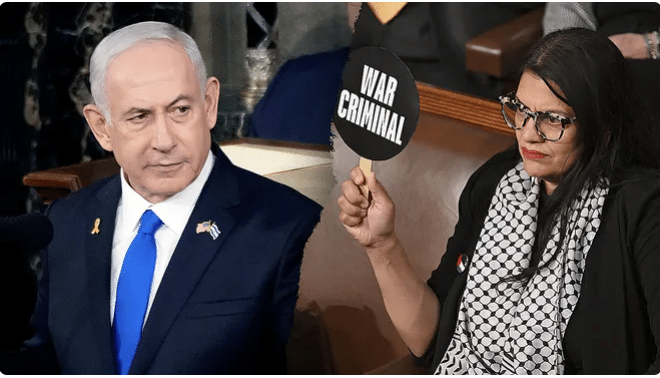Amid the International Atomic Energy Agency’s disclosure this week that the Islamic Republic of Iran accumulated near weapons-grade enriched uranium for its alleged nuclear weapon program, Fox News Digital has learned that Iran has allegedly secured secret deals with Russia to guarantee deliveries of uranium.
In what could be a major setback to a new Iran nuclear deal, foreign intelligence sources speaking on the condition of anonymity, and who are familiar with the negotiations between Moscow and Tehran over Iran’s reported illegal nuclear weapons work, told Fox News Digital that Russian President Vladimir Putin agreed to return enriched uranium that it received from Iran if a prospective atomic deal collapses. The State Department would neither confirm nor deny the reports.
The State Department spokesperson told Fox News Digital, “We will not comment on purported secret intelligence reports, but in any event the JCPOA has not been on the agenda for months.” A spokesperson for the National Security Council deferred comment to the State Department.
One major component of the effort by the U.S and other world powers to revive the Joint Comprehensive Plan of Action (JCPOA), the formal name of the Iran nuclear deal, is for Russia to warehouse Tehran’s enriched uranium. The rationale for Russia storing the uranium is to prevent the regime from using the material to construct an atomic bomb.
The foreign intelligence sources claim, “As part of the agreement between the two countries, Russia has undertaken to return all the enriched uranium to Iran as quickly as possible, if, for any reason, the U.S. withdraws from the agreement.”
“It would make sense to me that they would agree to this type of side deal,” Rebekah Koffler, a former analyst at the U.S. Defense Intelligence Agency, said. Koffler noted that, “Based on my knowledge of Russian doctrine and state tradecraft, the Russians are trying to play both sides. On the one side, they do not want Iran to have a nuclear weapon. On the other hand, they do want assistance from Iran for Ukraine.”
Koffler, an expert on Russian strongman Vladimir Putin, added, “Russia benefits from being a party to the JCPOA. Russia’s tactic is to drag things on and play both sides. That gives Putin leverage over both sides but also allows him to be perceived as a deal-maker. Russia is signaling that the U.S. is dependent on Russia.”
She concluded that, “The Russians are trying to signal to the Iranians that they will help them out like they did with Iran’s civilian nuclear program. On the other hand, they might want to put pressure on the U.S. to do the deal. It is just part of Putin’s standard playbook to try to game his opponents.”



